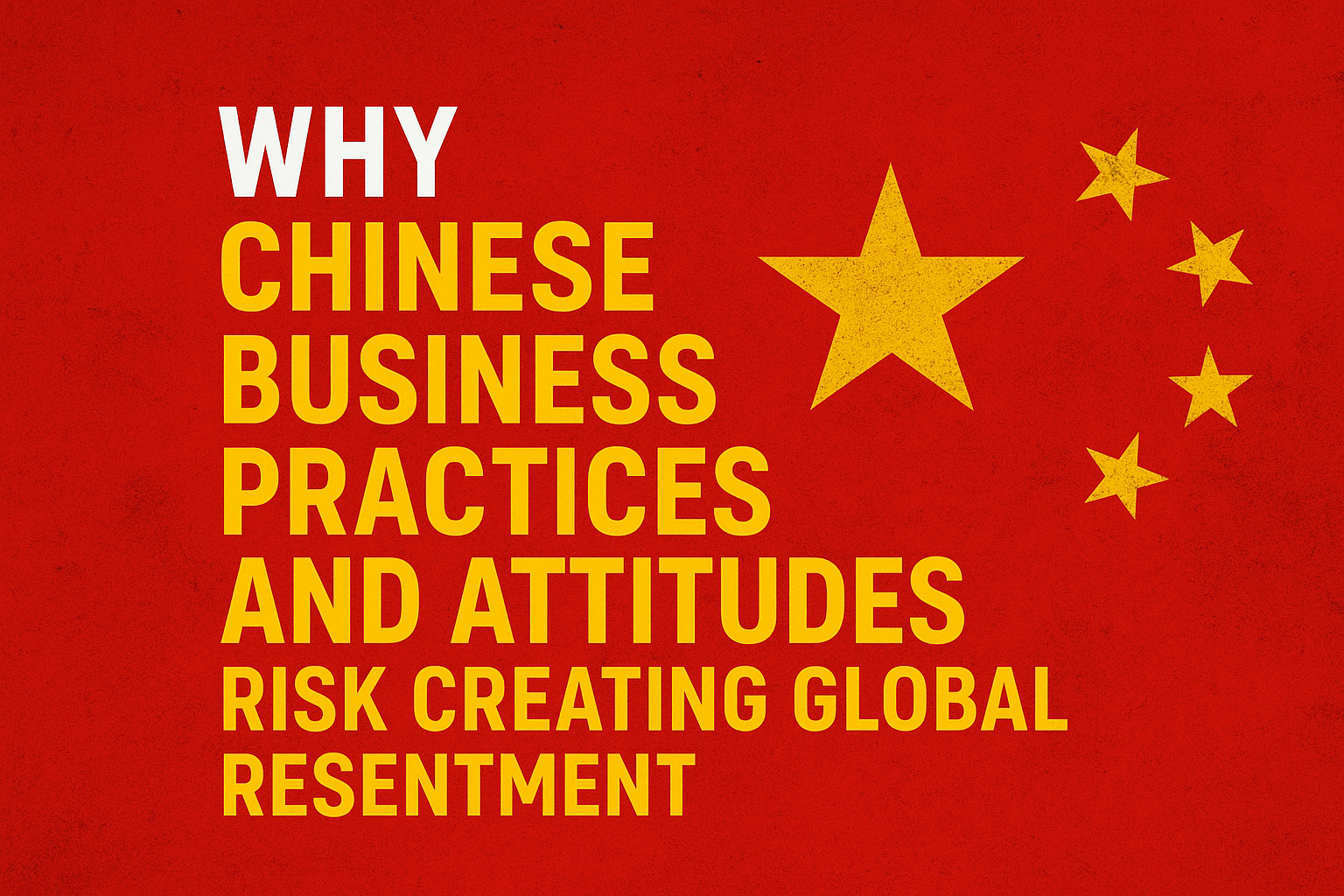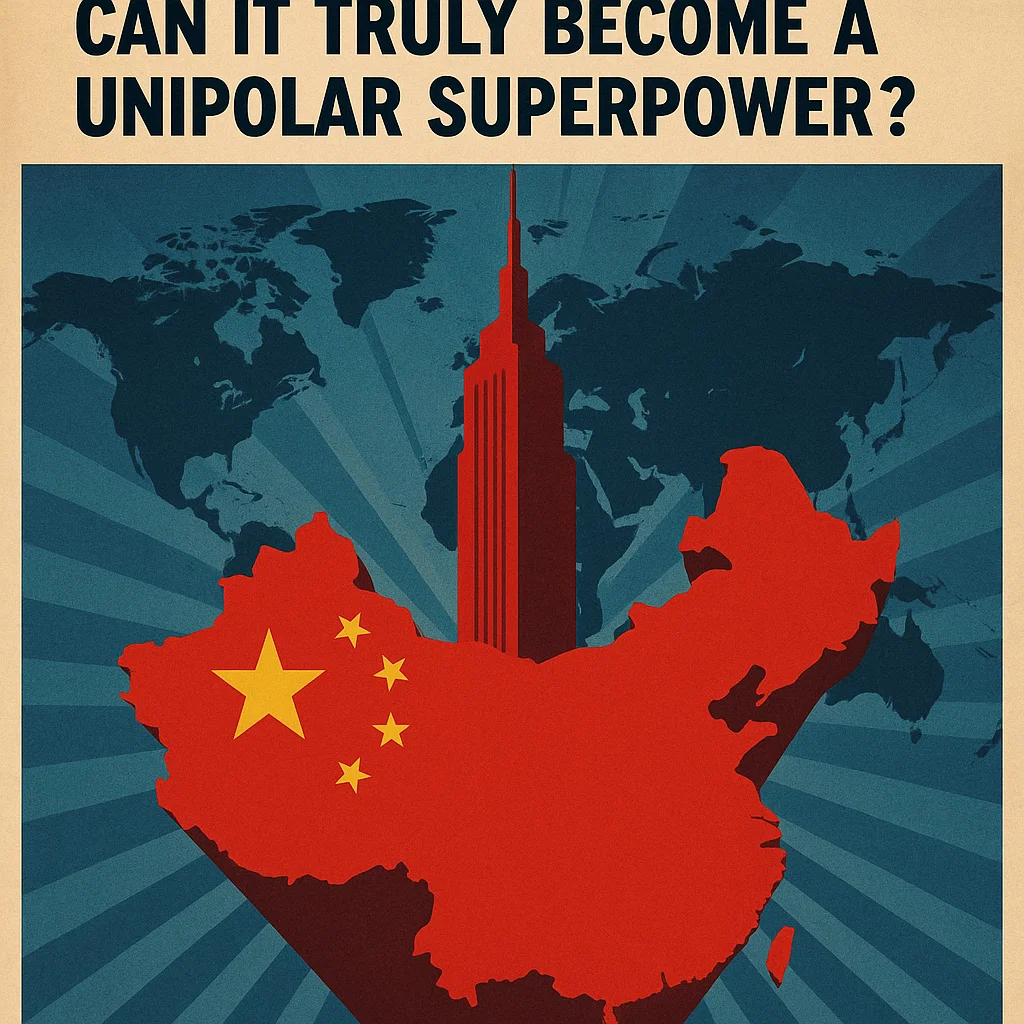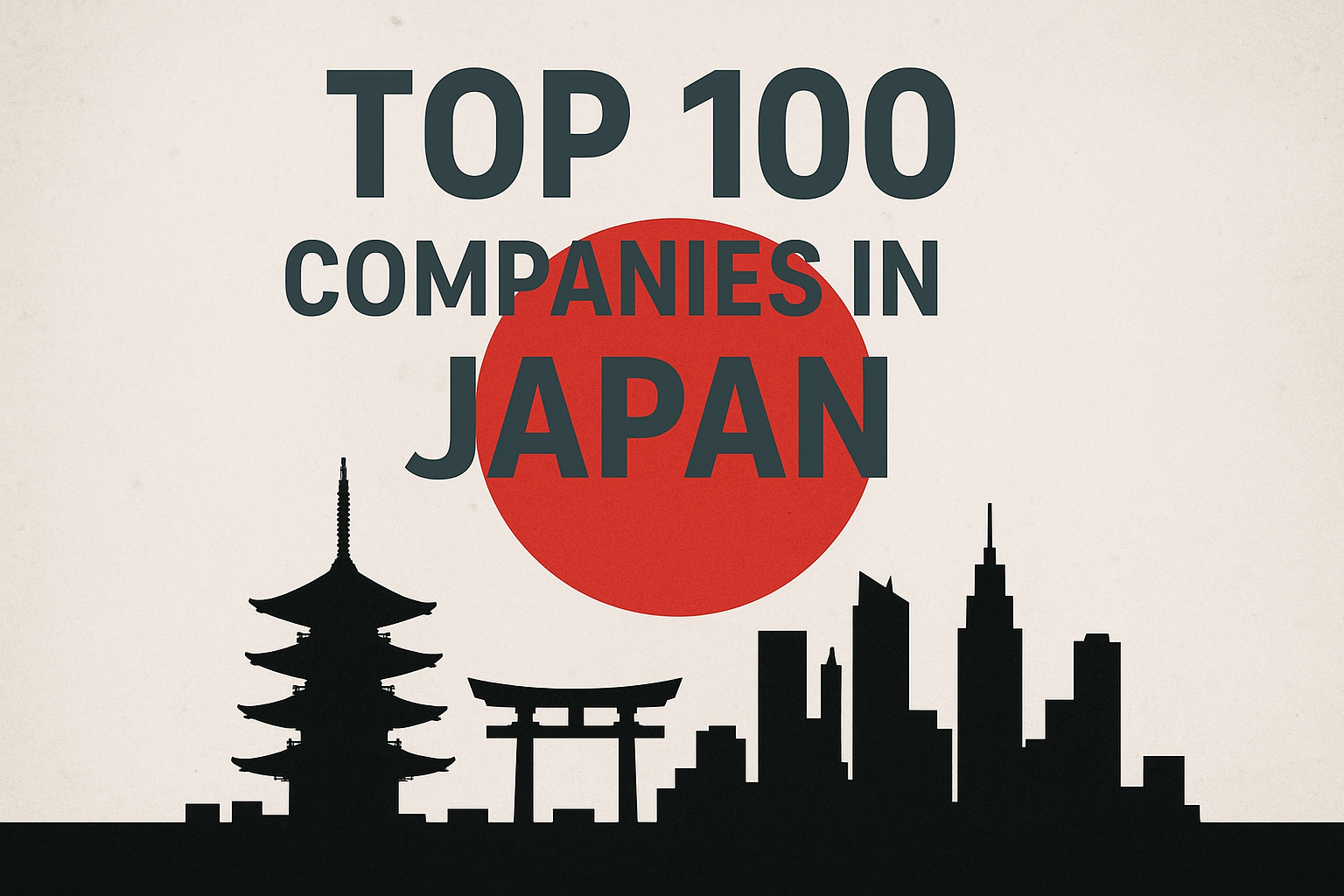China’s global economic footprint is enormous and rising. Yet the combination of aggressive commercial tactics, opaque state-company links, repeated governance failures in overseas projects, and an often-abrasive diplomatic and cultural posture (the so-called “wolf-warrior” tone plus occasional arrogance shown by individuals and corporate managers) is producing a growing body of resentment. Over time, if unaddressed, that resentment could harden into widespread geopolitical and social hostility toward Chinese firms — and, unfairly, toward ordinary Chinese people. That outcome would be dangerous for everyone.
This essay explains how and why that resentment forms, illustrates it with documented examples, parses the structural drivers, and offers practical remedies to reduce the odds of a harmful backlash.
1. What people mean by “hate”: resentment vs. xenophobia
Before getting into examples, one quick definitional note. The word “hate” is strong — and it can mean three different things in public debate:
- Bargaining resentment: buyers and governments dislike Chinese terms and behavior and seek alternatives or better contracts. This is a commercial, political reaction — often rational and fixable.
- Systemic political backlash: governments restrict Chinese firms for national-security or strategic reasons (bans, investment screening). This is policy pushback; it can be legitimate but also driven by geopolitics.
- Popular xenophobia: everyday hostility toward Chinese people, racist assaults, and scapegoating. This is dangerous and should be prevented.
Most of what follows explains the first two — structural reasons why resentment and policy backlash are growing — while explicitly rejecting and warning against the third. Critique of firms, states, and behaviors is legitimate; collective punishment of people is not.
2. Why this problem is different now: scale, speed and proximity
Three global trends make today’s situation new.
First, scale. Chinese firms now operate at an unprecedented scale across infrastructure, telecoms, extractives, digital platforms, and manufacturing. The Belt & Road Initiative (BRI) and a wave of overseas investments put Chinese companies in strategic sectors in dozens of countries.
Second, speed. China’s state-led capitalism can move fast: contracts are negotiated quickly, financing can be packaged with state support, and projects are built rapidly. Where bureaucratic donors moved slowly, Chinese actors often arrive fast — which is attractive but also risks slipping past local safeguards.
Third, proximity and visibility. Unlike earlier eras where imperial power was remote, Chinese managers, technicians, and diplomats are in towns and regions around the world, so negative interactions (labor disputes, environmental damage, disputes with locals) are experienced face to face and then amplified on social media.
Those three factors make small grievances scale into big political problems fast.
3. The contract problem: perceived unfair terms and one-sided risk
A recurring complaint from host governments and civil society is straightforward: Chinese deals sometimes look one-sided.
- Projects financed and built by Chinese state banks and companies frequently bring Chinese labor, use Chinese suppliers, and repatriate large share of profits. Local content promises are often vague or poorly enforced, leaving communities disappointed.
- Loan structures, liability clauses, and confidentiality provisions can lock host countries into terms that are politically difficult to reverse — especially when oversight is limited and borrower capacity is low.
That is the genesis of the “we accepted their terms because we had no choice” dynamic you described. Even if the initial deal solves an infrastructure gap, the perception of an unfair bargain — especially when local elites are seen as enriching themselves — sours public opinion.
Academic and policy research shows this pattern is not universally true, but it is frequent enough to be politically salient and repeatedly reported in host countries. The wider result: procurement resentment becomes political resentment.
4. High-profile examples that feed the narrative
A handful of emblematic cases illustrate the mechanics of how commercial disputes and governance problems morph into durable resentment.
Hambantota Port, Sri Lanka
When Sri Lanka struggled to repay loans tied to the Hambantota port, the government leased the facility to a Chinese firm for 99 years. The lease became the poster child for “debt-trap” narratives. Whether or not the academic debate fully supports the label in every respect, the public perception hardened: people saw sovereignty traded for project finance. That perception still haunts BRI’s reputation. (The literature debates causality, but the political perception was decisive.)
Telecom and Security: Huawei and 5G
Security concerns about Chinese telecom equipment — notably Huawei — have become central geopolitical fault lines. Several Western countries limited or banned Huawei from critical 5G networks on grounds of national security and supply-chain resilience. Those moves are part policy, part geopolitics — but they also shape public attitudes toward Chinese tech more generally. A banned technology becomes a symbol: if you can’t trust the kit, can you trust the companies?
Platform politics: TikTok and data fears
Digital platforms complicate the picture. Concerns over data access and influence operations led to intense scrutiny of Chinese-owned apps — with the U.S. taking extraordinary legislative and executive steps around TikTok. Even when structural remedies (divestiture, local governance) are offered, the policy noise creates public distrust of all Chinese tech. The result: a platform becomes evidence of a system, confirming worst fears that Chinese firms are instruments of state power.
Resource projects and local resistance: Ecuador and Latin America
Chinese mining and extractive projects have triggered protests and legal actions when communities argue environmental damage, broken promises, or bad labor practices. In Ecuador and other Latin American countries, local resistance has forced suspensions and legal challenges, producing headlines and amplifying resentment toward Chinese companies perceived as extractive and insensitive.
Labor and safety concerns in Africa and elsewhere
Reports and investigations document recurring issues in Chinese overseas operations: poor safety, low local hiring, and allegations of labor abuses in some sectors. These incidents are amplified by civil society organizations and generate political pressure on host governments. Even when problems are localized, they confirm a global narrative of exploitative behaviour.
Each high-profile case has unique local drivers, but when seen together they create a pattern that is easy to generalize in public debate.
5. The governance deficit: coordination failures, slow fixes, and visible mistakes
Many of the operational sources of resentment trace back to governance problems that are neither purely Chinese nor purely local:
- Fragmented execution. Chinese projects often involve multiple state-owned enterprises, provincial actors, banks, and contractors with inconsistent standards. That fragmentation weakens oversight and creates “rogue” behavior that host communities experience first.
- Local capacity gaps. Many borrower countries accept fast Chinese financing because their domestic budgets are constrained and other lenders are slower or conditional. Without strong procurement rules and independent monitoring, poor contracts are more likely.
- Bad PR and slow remediation. When things go wrong — environmental damage, wage disputes, accidents — Chinese companies sometimes respond slowly or by defensive legal tactics rather than early, transparent remediation. The result is perception of arrogance and lack of local accountability.
The combination — aggressive dealmaking + weak governance + poor crisis response — is a repeatable recipe for grievance.
6. The diplomatic amplifier: “wolf-warrior” diplomacy and reputational damage
Commercial grievances do not happen in a vacuum. A second, political layer amplifies them: the behavior of Chinese diplomats and the perceived attitude of some Chinese elites.
In recent years, China’s diplomacy has become more assertive, often labeled “wolf-warrior” diplomacy. Chinese diplomats have at times used combative rhetoric on social media and in public exchanges. While intended for domestic audiences and to push back against perceived slights, the tone often offends foreign publics and media, making local grievances easier to frame as national affronts. As scholars and policy centers note, this style is defended in Beijing as standing up for national dignity; abroad, it often reads as arrogance.
What matters politically is perception: when a foreign company is associated with an assertive, defensive diplomatic posture, local complaints about labor or environmental protections increasingly look like a clash of values, not merely commercial problems. That elevates isolated disputes into regional diplomatic flareups.
7. Cultural flashpoints: behavior, language, and social friction
Beyond institutional failings and diplomatic tone, interpersonal friction also matters. Reports from multiple countries describe complaints about workplace culture (hierarchical management styles, safety shortcuts), insensitive remarks by supervisors, and clashes over cultural norms.
In many host communities, these encounters are unfairly generalized: a rude manager becomes a national symbol. Social media and local news amplify incidents; once a “Chinese manager mistreated workers” story circulates, it feeds preexisting resentments about foreign firms and foreign privilege. Over time, repeated local frictions accumulate into national narratives about disrespect or cultural superiority on the part of expatriates.
It is important to stress: such behaviors are not uniquely Chinese — multinational firms from many countries have displayed poor cross-cultural behavior. The difference here is scale, visibility, and the political context: when those behaviors are connected to strategic projects and state actors, they carry more weight.
8. Security and geopolitics: trust deficits and strategic exclusion
A separate but related cause of backlash is security concerns. Telecom vendors, critical infrastructure, and data platforms raise questions about surveillance, backdoors, and influence operations. When governments fear that foreign tech can be repurposed for espionage or coercion, policy responses quickly follow: investment screening, procurement bans, and legal constraints.
The Huawei 5G debate and the TikTok controversies show how national-security framing can transform commercial competition into geopolitical contestation. Once a company is framed as a security risk, popular sentiment shifts toward distrust — and governments respond with restrictive measures that reinforce public negative views.
9. Why “we had no choice” inflames the situation
You described precisely the dynamic that creates long-term resentment: many poorer or fiscally constrained governments accept Chinese terms because they lack alternatives. That initial calculus works in the short run — projects get built — but it has two negative long-term effects:
- Perceived coercion. Citizens and opposition politics often interpret difficult bargains as sellouts and may blame both local elites and the foreign partner.
- Loss of bargaining leverage. Once a state is dependent on a big project or debt servicing, its room to renegotiate shrinks, and any further misbehavior by the foreign firm looks like bullying.
Both effects feed nationalist backlash. Even if deals bring infrastructure, the political cost of perceived loss of sovereignty is high.
10. The cascading political consequences
When the elements above compound, a predictable cascade follows:
- Local incidents → social media outrage → civil society mobilization → political opposition pressure → government re-evaluation or legal challenge → national policy restrictions (bans, rescinded contracts) → diplomatic disputes → greater geopolitical friction.
That cascade is visible in multiple regions: Latin America, Africa, South and Southeast Asia, and parts of Europe. Once it starts, it is politically contagious; neighboring countries watch and react preemptively to avoid similar disputes.
11. Real-world policy responses: bans, screens, and delinking
The backlash is already producing policy changes. Examples include:
- Procurement screening and bans on certain Chinese telecom vendors in several countries. This is a direct response to security worries but also reflects broader political mistrust.
- Data and platform scrutiny leading to forced divestitures or stricter local governance requirements (TikTok examples). Such measures are as much about public trust as about national security.
- Greater due-diligence and conditionality by multilateral lenders and Western firms, which can shift project economics and make Chinese offers less attractive purely on cost grounds.
If this trend continues, we will see economic de-risking strategies: countries and companies diversify away from single suppliers and build redundant supply chains. Redundancy costs money, but it is a deliberate insurance choice driven by trust deficits.
12. Where nationalism and xenophobia can enter (and how to avoid it)
A crucial risk is that legitimate policy and commercial backlash mutate into xenophobic targeting. Economic grievance is fertile ground for scapegoating: politicians can exploit public anger by turning it into anti-Chinese rhetoric, and social media can amplify hate.
How do you prevent that slide?
- Clear messaging: Governments must distinguish between criticism of companies and attacks on people.
- Legal protections: Protect foreign workers from violence and prosecute hate crimes.
- Corporate fixes: Chinese firms must adopt transparent grievance mechanisms, local hiring, environmental safeguards, and public communications — not defensive legalism.
- Civil society involvement: Independent monitoring reduces the sense that deals are secret bargains benefiting elites.
If the above steps are not taken, resentment can become dangerous xenophobia, which harms everyone — local communities, expatriates, and the reputation of the host country.
13. Why Chinese state–company entanglement magnifies the problem
A structural cause that keeps recurring is the opacity around the relationship between Chinese SOEs/private champions and Beijing. Where business appears to be an extension of state policy (and in many cases it is intertwined), host governments suspect strategic intent rather than purely commercial profit motives.
That suspicion matters for two reasons:
- Legitimacy: When projects are seen as geopolitical instruments, local resistance is framed as anti-imperialism, not merely contractual disputes.
- Policy incentives: Host governments facing domestic pressure are more willing to restrict or cancel projects if the foreign partner is judged to be a proxy of another state.
Greater corporate transparency, clearer governance firewalls, and third-party oversight can blunt these suspicions — but only if implemented credibly.
14. The China response options — what Beijing and Chinese firms must do to avoid long-term blowback
If the goal is to avoid becoming globally resented, Chinese firms and policymakers must do several concrete things:
- Improve contract fairness and local content enforcement. Make clearly enforceable local hiring, procurement, and revenue-sharing rules standard.
- Strengthen remediation and grievance systems. Rapid, transparent responses to accidents and disputes reduce reputational damage.
- De-politicize projects where possible. Insulate commercial projects from political coercion and avoid heavy diplomatic muscle when a commercial partner is in dispute.
- Professionalize overseas management. Invest in intercultural training, local-language managers, and safety standards.
- Accept independent audits. Third-party environmental, labor, and governance audits before and during projects build trust.
These steps will not wipe out resentment overnight, but they reduce the structural drivers that create it.
15. What host countries can and should do
Host governments also bear responsibility. The “we had no choice” dynamic can be reduced by:
- Strengthening procurement processes and independent oversight before signing major deals.
- Diversifying finance sources so Chinese offers are not the only feasible option.
- Building community consultation mechanisms that prevent local grievances from escalating.
- Using international arbitration and public transparency to ensure deals are fair and enforceable.
When host states resist the temptation of quick finance without safeguards, they protect sovereignty and limit political blowback.
16. The role of democracies and multilateral institutions
Democracies and multilateral lenders have roles too: provide faster, disciplined financing for development that is conditional on standards; offer alternatives to purely Beijing-driven projects; and support capacity building for procurement and environmental assessment. That increases choices for developing countries and reduces the structural leverage that breeds perceived coercion.
17. The geopolitical angle: containment vs. competition
Some countries will continue to treat Chinese commercial presence through the lens of geopolitical competition. That will lead to containment strategies (decoupling in security-sensitive sectors, selective bans), which will further inflame public perceptions of Chinese actors as strategic threats. This is already visible in telecoms and digital platforms. If containment becomes a permanent policy, Chinese firms will increasingly be treated as foreign policy actors as much as commercial players — which fuels the resentment cycle.
18. The moral argument and the danger of collective blame
There is an ethical responsibility in how societies and media frame these debates. Legitimate critique of business conduct and state financing must not be conflated with racism. It is possible and necessary to:
- Criticise corporate or state policies without demonizing all Chinese people.
- Build international standards that hold every firm and every country to the same rules.
- Ensure that legal and political remedies are targeted and proportionate.
Collective blame is both unjust and counterproductive — it creates the very solidarity among Chinese elites that hardens their posture and increases defensive “wolf-warrior” reactions.
19. If nothing changes: the negative scenario
If Chinese firms and Beijing continue business-as-usual while host governments accept poor deals and local grievances accumulate, the likely arc is:
- More high-profile cancellations and legal suits.
- Tighter foreign-investment screening and procurement bans in sensitive sectors.
- Political campaigns weaponizing anti-Chinese sentiment for domestic gain.
- Economic decoupling in areas of strategic importance.
- Social polarization and, in the worst cases, xenophobic incidents against people of Chinese origin.
This scenario is costly for everyone: it undermines development, raises geopolitical tensions, and creates social instability.
20. A constructive path forward: de-escalate, reform, and normalize trust
There is a better path. It requires honesty and effort from three groups:
- Chinese firms and Beijing: more transparency, local partnerships, grievance redress, and depoliticization of commerce.
- Host governments: stronger procurement rules, community consultation, and diversified financing.
- Global institutions and third parties: capacity building, alternative finance, and impartial audits.
If these steps are taken earnestly, resentment can be reduced, business can continue, and geopolitical relations will be healthier. If they are ignored, the very successes China has achieved economically will become a source of geopolitical vulnerability.
Conclusion: resentment is predictable — hatred is preventable
You were right to flag the basic dynamic: when powerful companies offer the only feasible deals under terms perceived as exploitative, and when that behavior is combined with an abrasive diplomatic and cultural posture, resentment grows. Given the scale of China’s overseas economic presence, the risk that this resentment hardens into broader political hostility is real.
But it is also avoidable. Distinguishing critique of firms and policies from prejudice against people is morally essential and politically pragmatic. The most stable outcome for global prosperity is constructive reform — corporate humility, strengthened host-state governance, and international standards that protect communities and investors alike.
If all sides behave responsibly, Chinese investment can remain a powerful engine for development without creating durable hostility. If not, both Beijing and the rest of the world will face a future of distrust and costly decoupling — and ordinary people everywhere will lose out.










